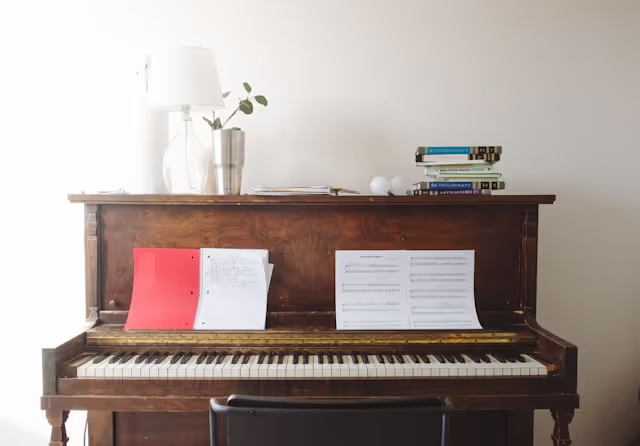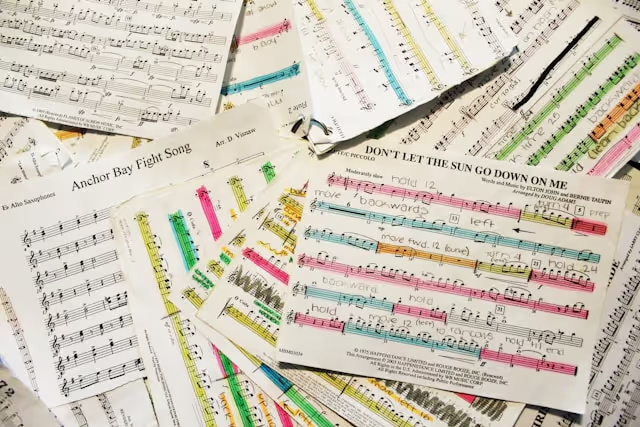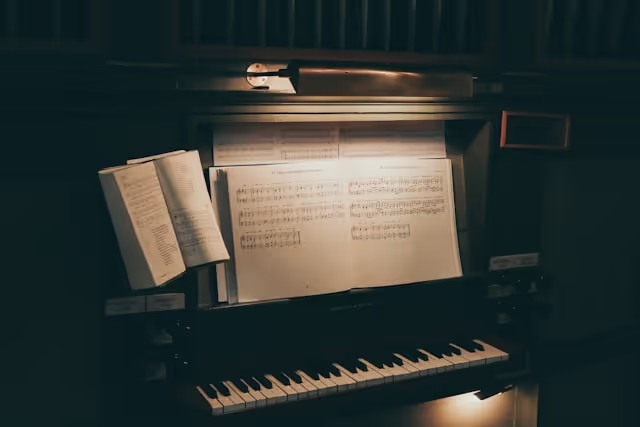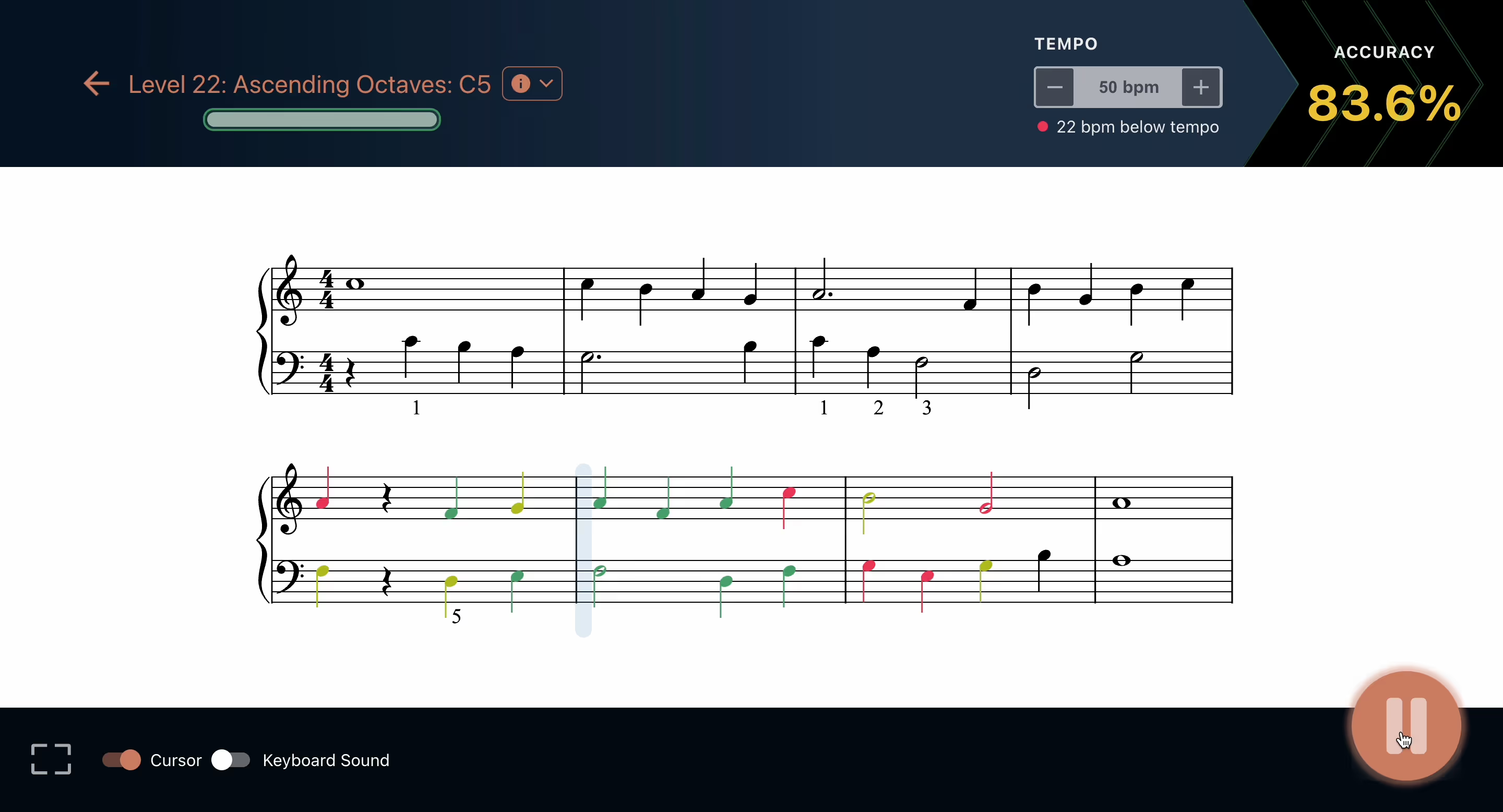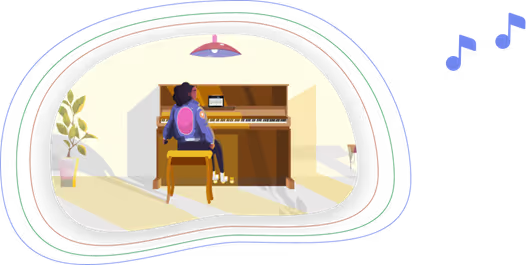.svg)
The Benefits of Learning an Instrument: How Music Can Enhance Your Life
Learning an instrument has long been celebrated as a way of engaging your mind and body in creativity, and can be cognitively stimulating. Whether you're picking up any common instrument, or something off the wall like a didgeridoo or flugelhorn, playing music offers a wealth of benefits that extend beyond simply mastering a new skill. In fact… numerous studies and testimonials show that learning an instrument can enhance your life in ways you might not expect. As technology evolves faster than ever, new ways of learning, like AI-driven music tools, are making it easier, more fun, and more accessible than ever before. Here are just a few key benefits of learning an instrument, and some of the ways it can positively impact your life.

1. Music, Cognitive Development, and Brain Health
Learning an instrument is a full body workout for your brain… Studies have shown that musicians have better memory, coordination, and even language skills compared to people who don’t play an instrument. When you practice, you’re not only learning rhythms and pitches; you're engaging the parts of the brain responsible for motor skills, auditory processing, and even emotional regulation. According to some very thorough research in the Journal of Neuroscience, playing music over the course of your life can even slow the cognitive decline associated with aging. In our modern world where mental acuity is more valuable than ever as we age, learning an instrument is like a secret weapon for our long-term brain health.
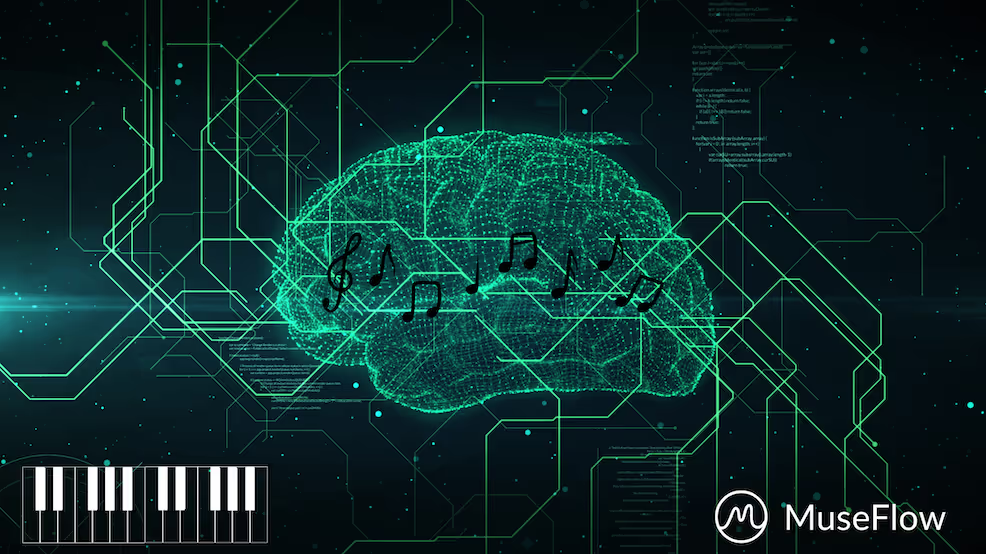
2. Improved Focus, and Discipline
One of the greatest challenges of learning an instrument is the discipline it requires with traditional lessons and curricula; progress can be slow at first, and it’s easy to get frustrated. There are AI piano apps out there that are gamifying the learning process to make it more fun and engaging… nonetheless, even within apps that make the learning process more like a game and less like work, by sticking with regular practice of any skill-building activity, you develop patience and perseverance. These skills carry over into other areas of life, such as your work and personal goals such as fitness and health. Focused practice of any singular activity demands concentration and attention to detail, making you more adept at persevering through and completing complex tasks in your day-to-day life. Over time, the discipline you develop through consistent practice of any instrument translates into improved productivity and time management throughout the rest of your life.

3. Emotional Expression, and Stress Relief
Music is a universal language. Everyone knows what a sorrowful melody sounds like… everyone knows what a happy melody sounds like. Music is one of those things that can translate emotions between cultures. The reason for this is because playing an instrument allows you to express emotions that words often cannot. Whether you are feeling joy, sadness, frustration, or excitement, the act of making music can help you process and exercise these emotions. A study published in the National Library of Medicine show that playing an instrument can significantly lower stress levels and decrease anxiety, providing a natural outlet for emotional release. Another National Library of Medicine states that the process of playing can meditative and flow inducing, allowing you to focus solely on the sounds you’re producing and the rhythms you are playing, which can be incredibly soothing after a long day.

4. Enhanced Social Connections, and Bridging the Gap
Music has a unique way of bringing people together, crossing cultural borders, and bridging the gap between species even. Whether you’re jamming with friends, performing in front of an audience, playing to field of cows, or simply sharing your progress with family, learning an instrument and then performing said instrument offers numerous opportunities for social interaction and connection. Have you ever felt that feeling of someone just “getting” you? Musicians feel that too sometimes with people they’ve never even talked with! Sometimes musicians just get each other… and this sense of community and belonging fosters stronger relationships and deeper connections with people that may not have the same background as you. If you join a band, orchestra, choir, or even an online community of learners, you’ll find yourself engaging with diverse individuals who share the same passion as you. In today’s increasingly isolated digital age, learning an instrument can help bridge the gap and foster meaningful human connections.

5. Increased Creativity, and Problem-Solving Skills
Playing music naturally and effortlessly sparks creativity. As you progress, you may start to experiment with improvisation, composition, or playing different genres like African Tribal Music, or Zeuhl. This creative process enhances your ability to think outside the box and think of problems from different angles. Problem-solving is a crucial skill in many areas of life, from home improvement tasks to relationship maintenance and satisfaction… and the creativity you nurture through learning and playing an instrument sharpens this ability. Whether you're troubleshooting and practicing a tricky passage of music, or improvising a melody over a chord progression, you’re flexing creative muscles that are applicable to all areas of life.

6. Physical Benefits: Coordination, and Motor Skills
Playing an instrument requires both fine and gross motor skills, depending on the instrument. For instance, playing the piano requires precise finger movements at very specific times, and, if you’re reading off of music, chord charts, or the like, hand-eye coordination. This specific type of physical engagement helps improve your dexterity and twitch muscle reaction time. Over time, and through intentional practice, these movements become more fluid and natural… contributing to better hand-eye coordination, and even spatial awareness. For younger learners, developing these types of motor skills early on has lasting benefits that extend into other physical activities, including sports.

7. Achieving Flow State Through Music
One of the most rewarding aspects of learning an instrument is ones achievement of a "flow state." This is the feeling of being fully immersed and focused on an activity to the point that everything else fades away. In this mental state, time seems to fly by, and you perform at your best with minimal pain and discomfort; if failure occurs, it just rolls of your fingers! Music is one of the best ways to achieve this state because it requires a balance between skill and challenge. Once you find yourself playing a piece with ease, and start exploring why you’re playing a song the way you are - what dynamics are you using, how slow or how fast are you playing the song and why, what do you want to say by playing this song - you'll experience a deep sense of satisfaction that can enhance your overall well-being. This is where communication and flow state meet; what do you want to say and how are you saying it.
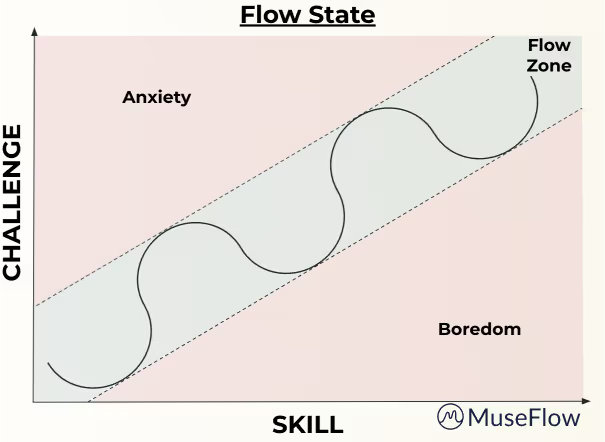
Conclusion: The Power of Music in a Modern Age
With all the benefits of learning to play an instrument, it’s no wonder that more people are turning to music learning to enrich their lives. Whether it's improving cognitive function, relieving stress, or fostering social connections, playing music has a profound impact on both the mind, body, and spirit.
In the modern age, tools like AI-driven music learning apps are making this process of learning an instrument more accessible, effective, and gratifying than ever. Platforms like MuseFlow are revolutionizing how we learn piano by integrating AI piano lessons that adapt to your skill level, helping you achieve musical fluency faster and more enjoyably. Whether you're looking for the best piano learning app or a Yousician alternative, MuseFlow, and similar tools, are transforming the landscape of music education for the better.
By learning an instrument, you're not only mastering a skill, but you are enhancing your life in ways that extend well beyond music itself. So, why not start today? With the power of AI and personalized learning tools, there’s never been a better time to unlock your musical potential and experience the life-changing benefits of music :).





